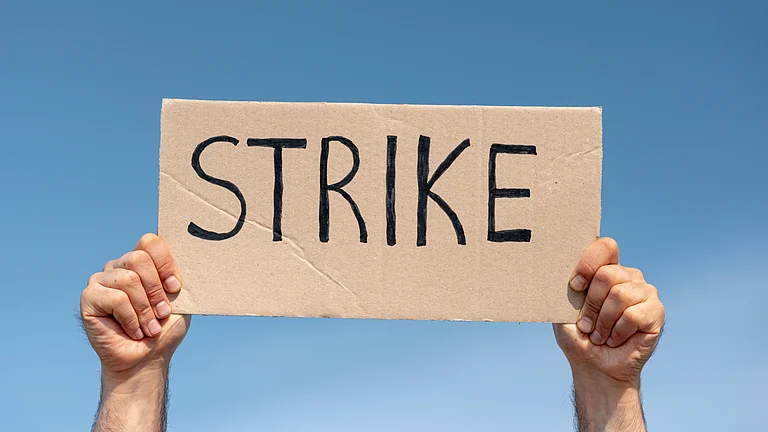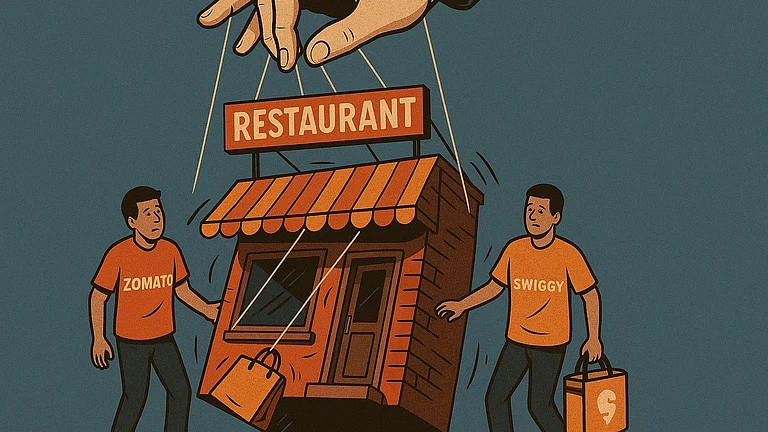Aircraft giant Boeing’s factory workers have called off their weeks-long strike on November 5. The move came after a poll was conducted by the union workers on Monday whether to accept the contract offered by the company or to continue protesting. According to the union, the International Association of Machinists and Aerospace Workers (IAM), nearly 59 per cent of the employees voted in favour of accepting the contract.
Out of 33,000 workers that the union represents, more than 26,000 members voted on the contract. Thousands of factory workers will now return to work, easing stress for the aircraft giant as the strike severely disrupted production, leading up to a cash crunch.
Key proposals of the contract
To get workers to resume working, Boeing has offered a wage hike of 43 per cent over four years. It also provides a $12,000 bonus for accepting the contract and it offers the workers a choice to choose how much they want to receive as cash and what amount they want to deposit into their retirement accounts.
“It is time we all come back together and focus on rebuilding the business and delivering the world’s best airplanes,” said Boeing’s chief executive, Kelly Ortberg, on Friday, according to a New York Times report.
Consequently, after taking all the raises into consideration, the average annual pay of the workers will rise from the current $76,000 to $119,000 by the end of the contract, the aircraft giant said. The new contract will replace the 2008 agreement, which too was a result of a strike.
“You stood strong, you stood tall, and you won. This is a victory,” said Jon Holden, the president of District 751 of the machinist's union.
Background of Boeing’s workers' protest
The workers of the giant began to protest for better pay and conditions against the company’s management.
“This is about respect, this is about the past and this is about fighting for our future,” said IAM President Jon Holden, according to an Associated Press report.
The workers’ demands included a 40 per cent wage hike, the restoration of a defined-benefit pension plant axed in 2014, and a guarantee that future production would remain in the Seattle region.
































